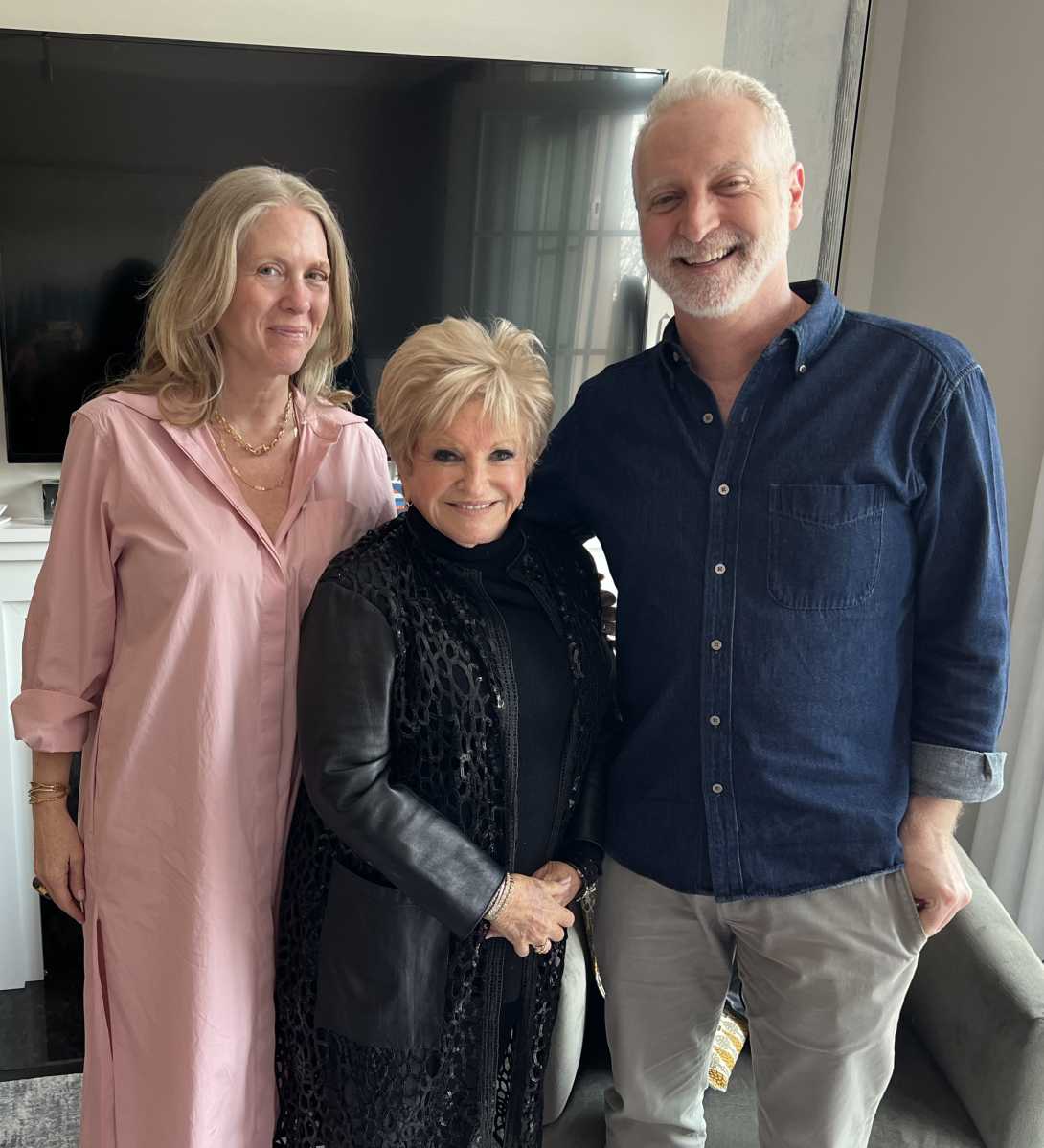How Nurses Helped Me Through Aortic Aneurysm Surgery & the ICU
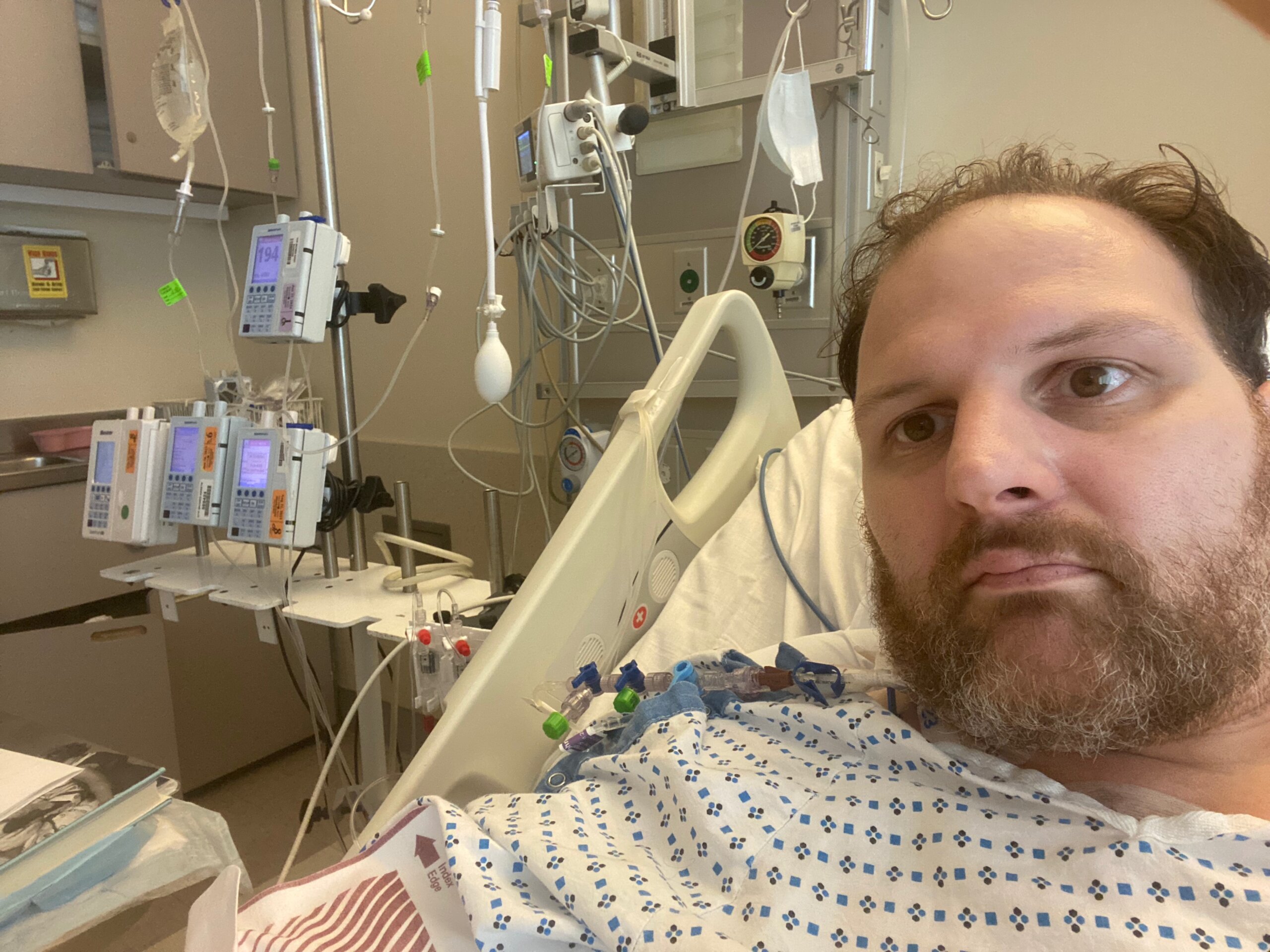
Spending time in the hospital for major surgery and recovery can be traumatic, enlightening, even life-altering for some, especially when the surgery is lifesaving.
And while doctors work their magic replacing this or removing that in the operating room — often making moves that extend patients’ lives — it’s the nurses who are there day after day, hour after hour, attending to needs and keeping folks safe, clean and comfortable before and after surgery.
For National Nurses Week (May 6–12), and because May is National Nurses Month, I offered to share a story about my recent open-heart surgery to repair an ascending aortic aneurysm and the still-ongoing recovery that followed. The first part of the story, “How I Discovered My Aortic Aneurysm and What Comes Next,” about how doctors found this deadly malady, is available here on DansPapers.com, if you care to read it, but the headline is that my aorta was dangerously swollen and could have eventually led to a fatal rupture if not fixed.
On the day of my surgery, February 28, I was wheeled from a busy pre-op staging area, where I had little privacy and lots of mounting anxiety, into the New York Presbyterian operating room on a stretcher. Then, beneath the bright overhead lights, I was shifted onto a table with separate arms, much like the ones death row inmates occupy when they’re about to be executed via lethal injection in TV and movies.
I looked down at the brown, easy-to-hose-clean tile floor complete with drain for bodily fluids (which is precisely as I remember it but cannot actually verify) and the gathering crowd of masked strangers around me, and I began to quietly weep.
“What’s wrong?” someone asked, perhaps noticing a shift in my vitals, or just seeing the tears streaming down my stricken face.
“Just crying,” I responded while considering these could be my last conscious moments in a life ending far too soon.
“Don’t worry,” the surgical nurse said, rubbing my forearm reassuringly. “We’re going to give you something that’ll help you feel better and not be so nervous.”
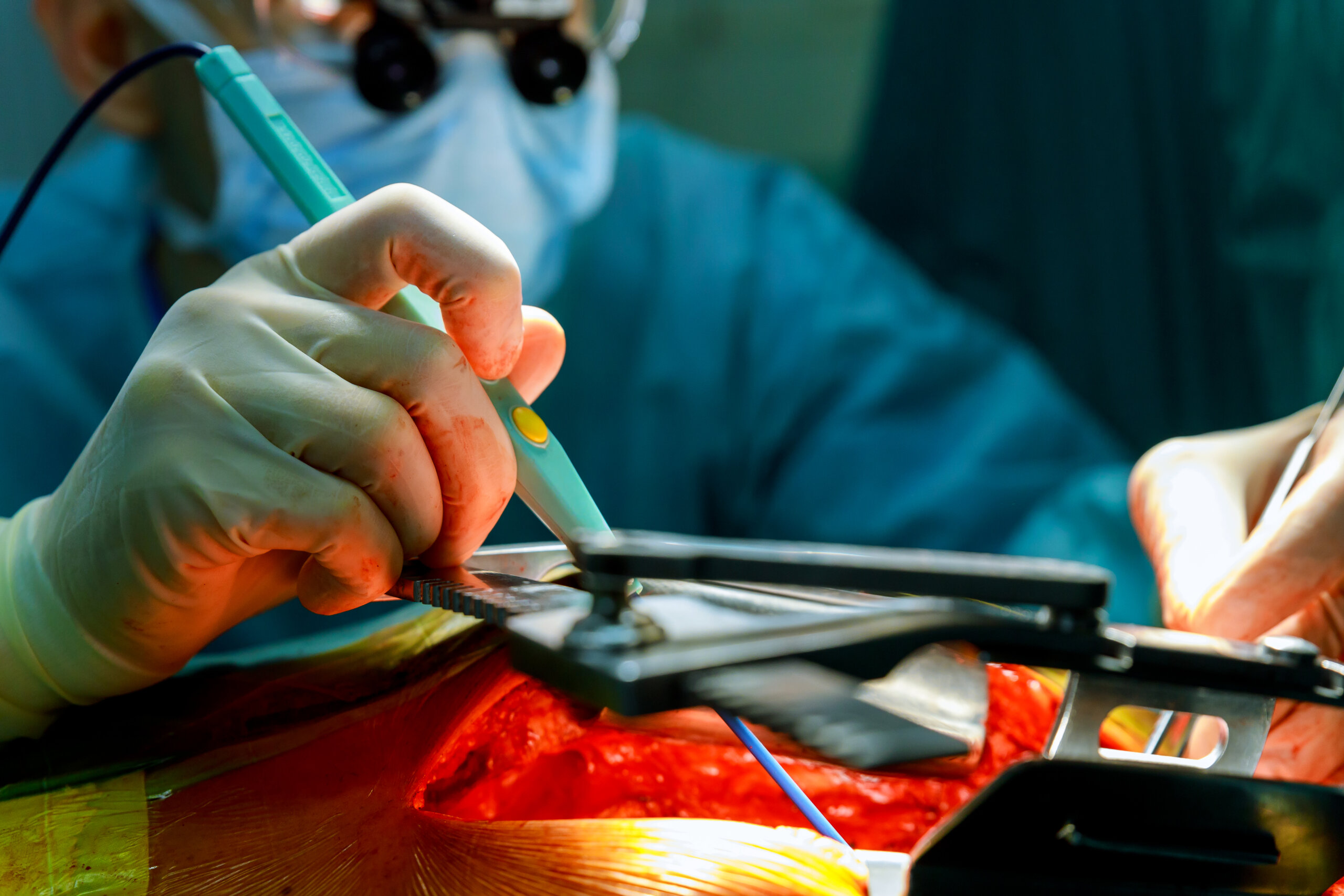
The next thing I knew, I awoke choking on a breathing tube I was sure had been improperly inserted and would cause me to aspirate my own vomit. About seven hours had passed, during which my doctor, Leonard Girardi, had sliced open my chest about 10 inches, split my sternum and connected me to a heart and lung machine to keep me breathing and my blood flowing before he cut out the swollen aneurysm and replaced it with a synthetic graft.
Anesthesia is truly remarkable. My very serious surgery was over before it even began in my blissfully subdued mind. My loved ones had to sit in all their anxiety and fear for hours, but for me it was like it never happened, at least until I had a chance to feel the pain and misery in the days that followed.
On a side note, being completely “shut off” via anesthesia did wonders for alleviating my fear of death. If the doctors hadn’t brought me back or the operation didn’t go as planned, I would’ve just been gone forever and never been the wiser. Without involving ego, it’s not such a terrible prospect. Though I’m quite grateful to enjoy more time in this lovely, precious life.
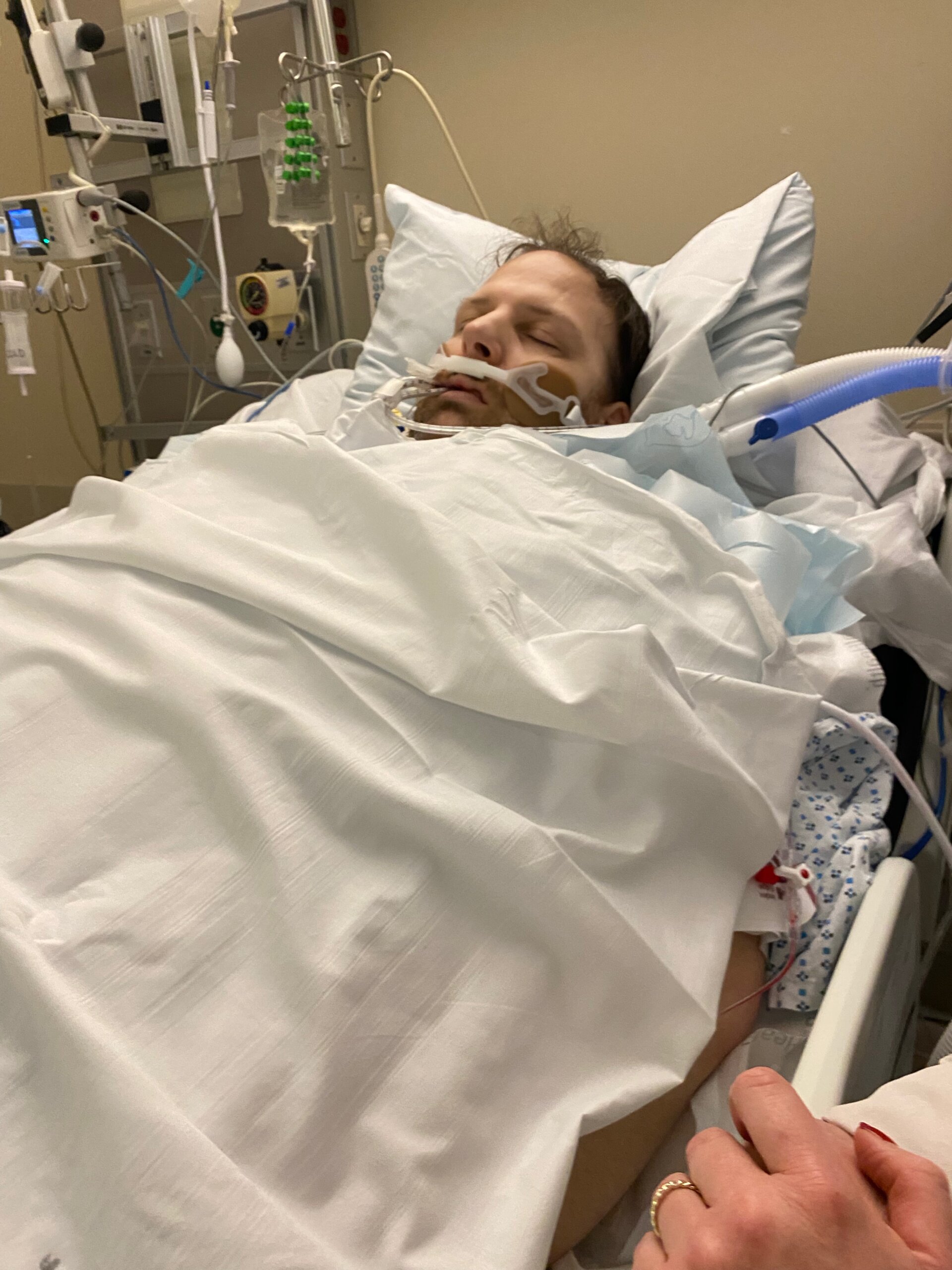
As it happened, however, I woke to the sound of my wife Colleen and her sister arguing quite close to my face about whether I could be asleep with my eyes open. Unable to speak, and sure I was choking to death on my breathing tube, I attempted to communicate the situation to Colleen, and she immediately understood. On the other hand, as I pulled at my restraints, gurgled and slammed my legs up and down — yes, I was strapped down because I’m not the first moron who would have pulled out his own tubes — the nurse suggested to my wife that I was angry because I’d been awoken.
Fading in and out of sleep, I heard them tell Colleen I had to be awake and calm in order for the tube to come out, but it felt impossible for those states to coexist, so it took a little time. Eventually, of course, the tube came out and I began a weeklong inpatient recovery that left me completely enamored with nurses and all the wonderful work they do.
When you’re hospitalized and recovering from a traumatic surgery like mine, nurses become your lifeline to everything. They relieve your pain with medication, they fix your wound dressings so you’re not bleeding all over the place, they keep all your tubes and sensors connected, and help you to the bathroom if you don’t have a convenient and oh-so comfy foley catheter like I did.
Nurses are also the first people in the room when something goes wrong. When my newly fixed heart went into atrial fibrillation (commonly called A-fib) and started beating dangerously fast, setting off alarms, nurses were the ones who appeared over me with defibrillator paddles at the ready and found the right medicine to inject into my jugular vein port and fix the problem before anyone got shocked.
The nurses at NY Presbyterian/Weill Cornell helped me sit up when it hurt too much to move on my own, and they cleaned my suffering body without ever making me feel self-conscious, or that I was a burden. In fact, these nurses, like so many others at hospitals around the country, never revealed they were having a bad day or made things about them, even when some probably had every reason to complain or allow a lousy mood to escape through cracks in the façade, not that it ever felt like a façade.
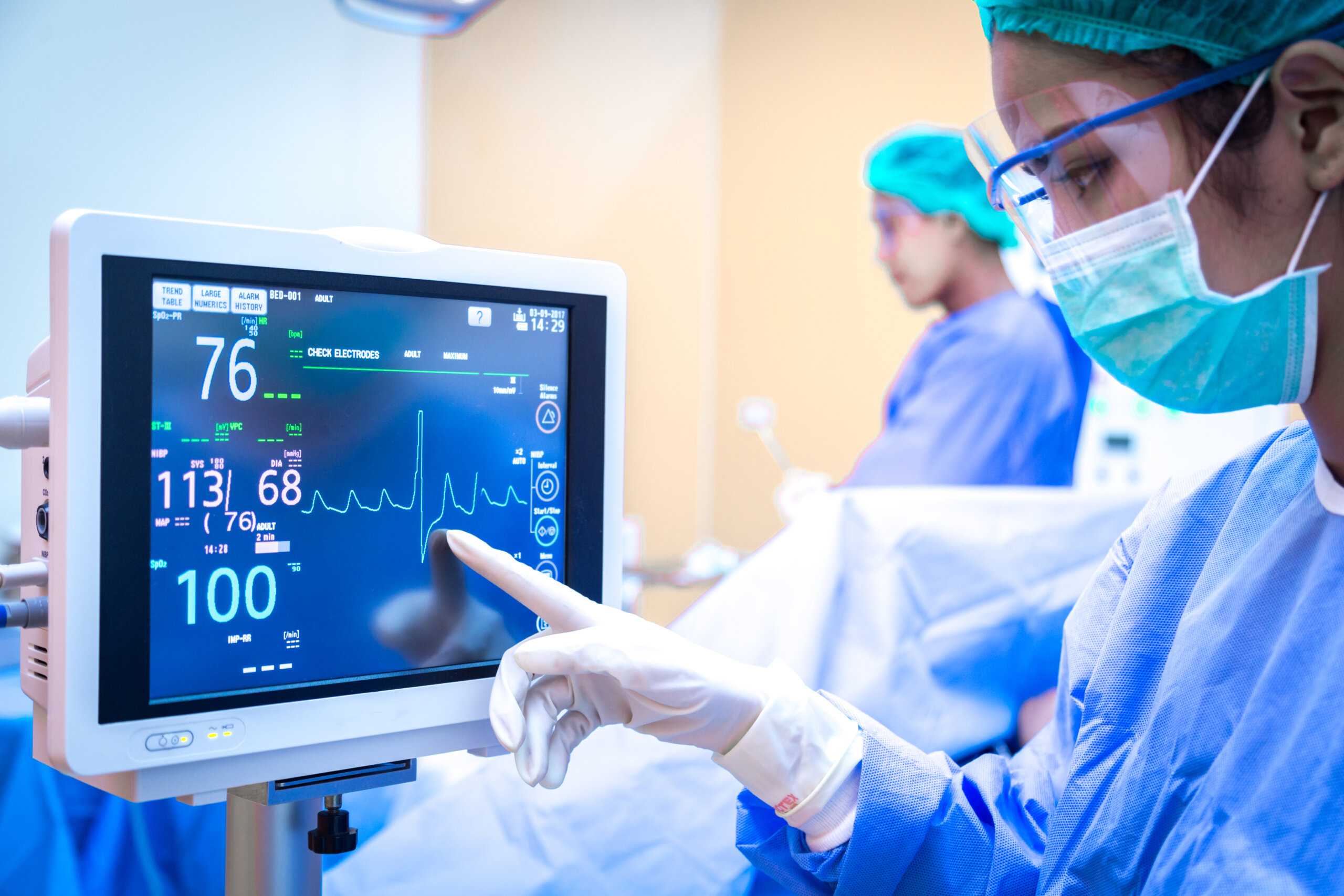
Any crappy attitude at all would have absolutely compounded the loneliness and vulnerability I felt after surgery, but not one nurse was nasty or unpleasant with me, ever. In fact, all they did was help alleviate my lonely and vulnerable feelings, and I couldn’t be more grateful to them for it.
After a couple days, and as the tubes and monitors became fewer and fewer, a nurse helped me stand and walk a short distance down the hall, with foley still in and IV poles and monitors in tow. A day later, the foley came out and we walked a little more.
By day five or six, I was free of all the machines and began walking around the floor on my own. I reached the nurses’ station and greeted them hello as I passed, showing off my reclaimed independence, which they did so much to make possible.
My wife drove me home the next day and a new phase of my recovery began. Getting back my strength and slowly returning to a healthy state has been a joy, and Colleen took good care of me, but an odd sense of depression occasionally crept in, which is not uncommon after a hospital stay, according to sources such as Medicine, a peer reviewed journal which explains that hospitalized patients “suffer a loss of dignity; they may feel helpless, sad, powerless, punished, embarrassed, and violated, and these feelings could trigger depression after their discharge from the ICU.”
Personally, if I’m completely honest, I think post-ICU depression could come from the sudden lack of nurses, techs and doctors constantly attending to us, or the concern and attention from friends and family returning to normal after weeks of focusing on the patient.
On the other side of the coin, nurses are also no strangers to depression. The Robert Wood Johnson Foundation Interdisciplinary Nursing Quality Research Initiative (INQRI) points out that 9% of people struggle with depression, while 18% of nurses suffer from it. That’s why it’s so important we recognize their contributions and make sure to treat them right while hospitalized.
A local nurse, who asked not to be named, told me her biggest issues in her job are patients treating nurses like servants and the hospital like a hotel, coupled with a varying level of gratitude. If you’re in the hospital, don’t keep calling nurses to your room unless you absolutely need their help. They’re all very busy and it’s not right to abuse any power you might have in the nurse-patient dynamic.
Instead, how about thanking a nurse during National Nurses Week (and Month) or give them a card or a gift, or even a gift card! Send cookies or flowers (if permitted) to their floor at the hospital. They deserve it.
